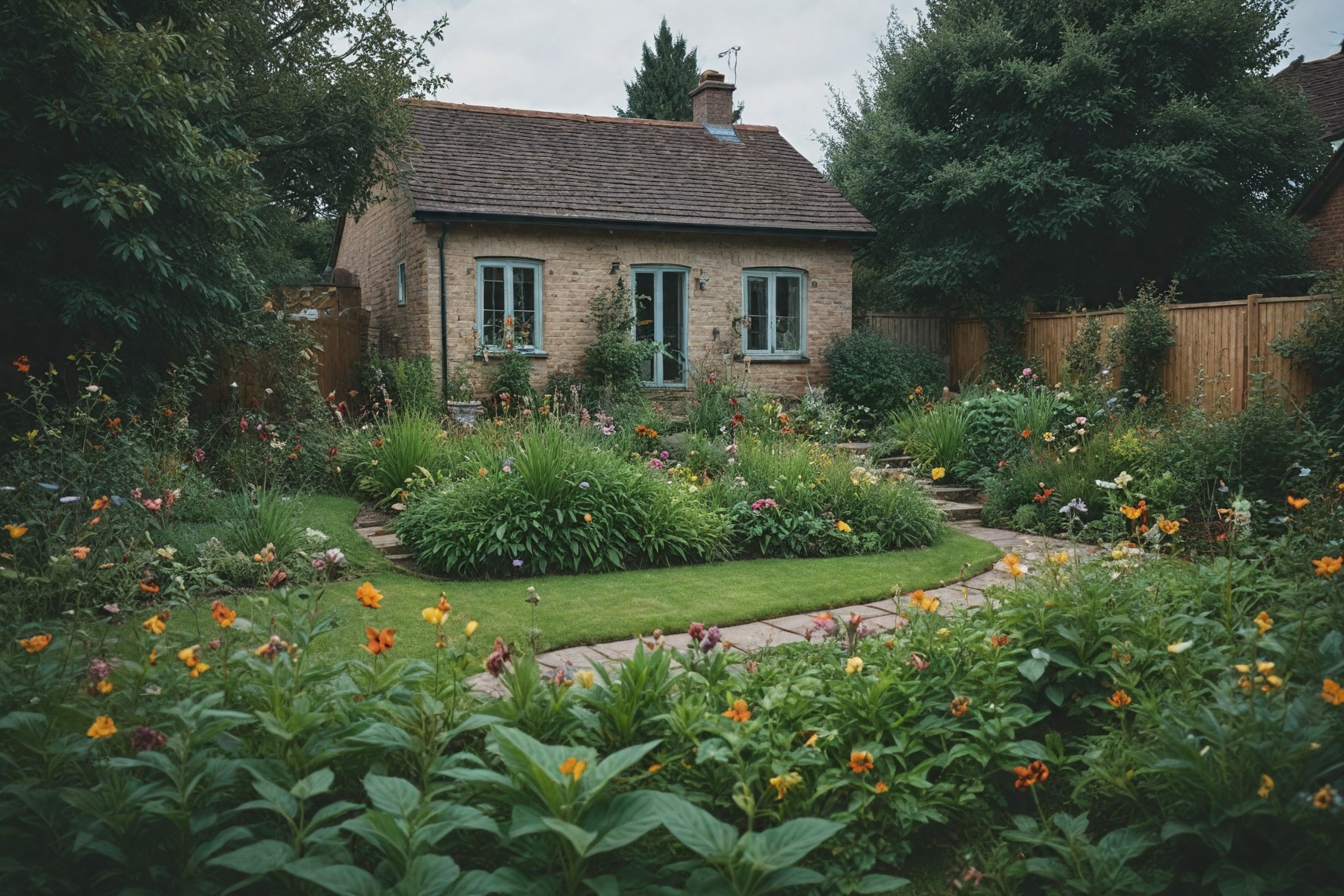Buying a property in London can be an exciting and rewarding experience, but it also comes with its own set of challenges and considerations. The city’s diverse neighborhoods, rich history, and dynamic real estate market demand that potential buyers stay well-informed and prepared. Here are some essential things to take care of before purchasing a property in London:
Page Contents
Understand Your Financial Situation
Before diving into the property market, it’s crucial to have a clear understanding of your financial situation. This includes:
- Budget: Determine how much you can afford to spend on a property. This should include not just the purchase price, but also additional costs such as stamp duty, legal fees, and moving expenses.
- Mortgage: Research mortgage options and get pre-approved for a loan. This will give you a clear idea of how much you can borrow and help you act quickly when you find the right property.
- Savings: Ensure you have enough savings for a down payment, which is typically around 10-20% of the property price.
Research the London Property Market
London’s property market is diverse, with significant variations in prices and property types across different neighborhoods. Conduct thorough research to understand:
- Market Trends: Keep an eye on current market trends, including average property prices, demand and supply, and future predictions. This will help you make an informed decision and potentially find a good deal.
- Neighborhoods: Each area in London has its own unique character and amenities. Consider what aspects are most important to you, such as proximity to work, schools, public transport, and local amenities. Popular areas include Kensington, Chelsea, Camden, and Shoreditch, each offering different lifestyles and price ranges.
Get Professional Help
Navigating the London property market can be complex, so it’s beneficial to seek professional assistance:
- Estate Agents: Find reputable estate agents who specialize in the areas you’re interested in. They can provide valuable insights, arrange viewings, and negotiate on your behalf.
- Solicitors/Conveyancers: Hire a solicitor or conveyancer to handle the legal aspects of the property purchase, including title searches, contract reviews, and the transfer of ownership.
- Surveyors: Arrange for a professional survey to assess the property’s condition and identify any potential issues that could affect its value or require costly repairs.
Consider the Long-Term Prospects
When buying a property, think about its long-term potential and how it aligns with your future plans:
- Resale Value: Consider factors that could impact the property’s resale value, such as planned developments, transportation improvements, or changes in the neighborhood.
- Rental Potential: If you plan to rent out the property, research the rental market in the area to ensure there’s demand for rental properties and to understand potential rental income.
- Lifestyle Changes: Think about your future needs and whether the property will continue to meet them, such as space for a growing family or accessibility for older age.
Check Property Details Thoroughly
Before making an offer, thoroughly check the property details to ensure there are no hidden issues:
- Title Deeds: Verify that the seller has the legal right to sell the property and that there are no disputes or restrictions affecting the title.
- Planning Permissions: Check if any renovations or extensions have been done and whether they have the necessary planning permissions.
- Utilities and Services: Ensure all utilities and services, such as water, electricity, gas, and internet, are in good working order and meet your requirements.
Understand the Legal and Tax Implications
Purchasing property in London involves various legal and tax considerations:
- Stamp Duty: Be aware of the stamp duty rates and how they apply to your property purchase. Stamp duty is a tax on property transactions and can add a significant cost to your purchase.
- Leasehold vs. Freehold: Understand the difference between leasehold and freehold properties. Leasehold properties are common in London and come with specific conditions and ground rent payments.
- Capital Gains Tax: If you plan to sell the property in the future, be aware of potential capital gains tax implications.
Negotiate and Make an Offer
Once you’ve found the right property, be prepared to negotiate:
- Offer Price: Determine a fair offer price based on your research and the property’s condition. Be prepared to negotiate with the seller or their agent.
- Conditions: Include any conditions in your offer, such as the property passing a survey or obtaining financing. This can protect you from potential issues.
Complete the Purchase
After your offer is accepted, the final steps include:
- Survey and Valuation: Conduct a full survey and valuation to confirm the property’s condition and value.
- Contracts: Your solicitor will review and exchange contracts with the seller’s solicitor. Once contracts are exchanged, the sale is legally binding.
- Completion: On the completion date, the remaining balance is paid, and ownership is transferred to you. You’ll receive the keys and can move into your new property.
Conclusion
Buying a property in London is a significant investment that requires careful planning and consideration. By understanding your financial situation, researching the market, seeking Professional Estate Agents in London, and thoroughly checking property details, you can navigate the process more smoothly and make a well-informed decision. With the right approach, you can find a property that meets your needs and provides a valuable asset for the future.



